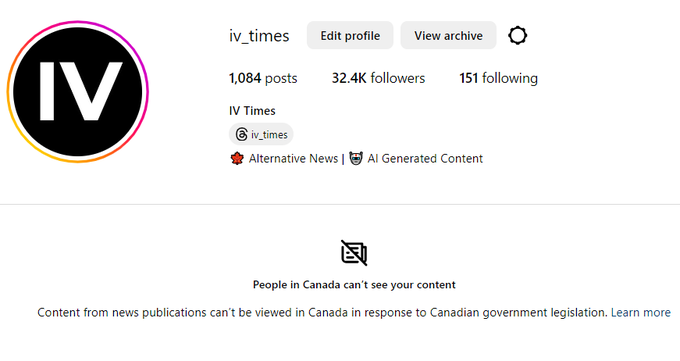In a significant move towards protecting minors from accessing inappropriate content online, Opposition Leader Pierre Poilievre has signaled that a future Conservative government would amend the law to require porn websites to verify the age of their users.
This announcement comes amidst growing concerns about the accessibility of explicit material to underage individuals, prompting calls for stricter regulations in the digital space.
When asked directly about the Conservative Party’s stance on age verification for porn websites, Poilievre provided a succinct response, stating, “Yes.”
This decisive affirmation underscores the party’s commitment to addressing the issue of underage exposure to adult content online.
However, Poilievre’s statement was followed by a clarification from his office, emphasizing that the Conservatives do not support the imposition of a digital ID system.
This clarification indicates that while the party is supportive of age verification measures, it is wary of implementing overly intrusive methods that may compromise user privacy.
The Conservative Party has thrown its support behind a Senate private member’s bill, Bill S-210, which seeks to mandate age verification for individuals accessing pornography online.
The bill passed in the Senate earlier this year, with bipartisan support from New Democrats, Bloc Quebecois, and Conservative MPs.
It has since been referred to a House of Commons committee for further review and study, although no meetings have been scheduled as of yet.
This proposed legislation aligns with broader efforts to protect children and adolescents from the potential harms associated with exposure to explicit material on the internet.
By requiring porn websites to verify the age of their users, policymakers aim to create a safer online environment for young people while upholding principles of responsible internet governance.
The introduction of age verification requirements for porn websites marks a significant shift in digital policy in Canada.
If enacted, this legislation could have far-reaching implications for the regulation of online content and the protection of minors in the digital age.
One potential consequence of such measures is the establishment of a more robust framework for online safety, with greater accountability placed on website operators to prevent underage access to explicit material.
This could lead to increased scrutiny and oversight of the online adult entertainment industry, potentially influencing broader discussions around internet regulation and censorship.
Furthermore, the implementation of age verification measures may prompt other jurisdictions to consider similar legislative actions in response to growing concerns about online child safety.
This could catalyze international efforts to address the global challenge of underage exposure to harmful online content, fostering collaboration and information sharing among governments and stakeholders.



